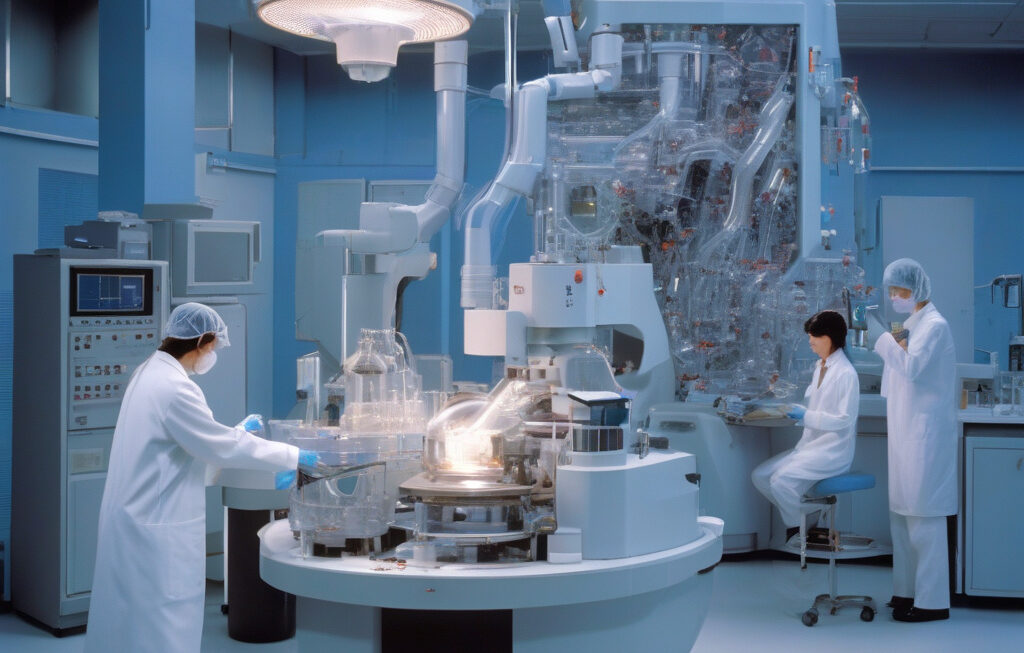AI Must Protect Dignity, Say US Bishops
Artificial Intelligence (AI) has undoubtedly revolutionized many aspects of our lives, from healthcare to transportation, but as its capabilities continue to expand, so do the ethical questions surrounding its use. The United States Conference of Catholic Bishops has recently weighed in on this issue, emphasizing the importance of prioritizing human dignity in the development and deployment of AI technologies.
In a world where AI is becoming increasingly integrated into everyday life, the Church’s stance serves as a poignant reminder that progress should not come at the cost of devaluing what makes us human. The bishops argue that while AI has the potential to enhance efficiency and convenience, its implementation must be guided by principles that uphold the inherent worth and rights of every individual.
The Church’s position highlights a crucial distinction between advancing technology for the betterment of society and allowing it to infringe upon the fundamental values that define our humanity. Rather than viewing humans as mere cogs in the machine of progress, the bishops advocate for a more nuanced approach that recognizes the irreplaceable role of human judgment, compassion, and moral reasoning in decision-making processes.
One of the key concerns raised by the bishops is the potential for AI to perpetuate existing inequalities and injustices if not carefully regulated. As AI systems rely on data to learn and make predictions, there is a risk of biases being inadvertently incorporated into their algorithms, leading to discriminatory outcomes. By prioritizing human dignity, the Church calls for greater transparency and accountability in the development of AI technologies to ensure that they do not reinforce social divisions or undermine the common good.
Moreover, the bishops emphasize the need for AI to be used in ways that empower individuals and foster authentic relationships, rather than eroding human autonomy and agency. As AI applications become more sophisticated, there is a growing concern about the erosion of privacy and the potential for technology to manipulate or exploit vulnerable populations. Safeguarding human dignity in the age of AI requires a reevaluation of how we balance technological progress with ethical considerations to prevent dehumanizing consequences.
In practical terms, this means promoting policies and practices that prioritize the well-being of individuals over the pursuit of technological advancement for its own sake. It involves engaging a diverse range of stakeholders, including ethicists, policymakers, technologists, and community members, in discussions about the ethical implications of AI and how best to mitigate potential risks. By fostering a culture of responsible innovation and ensuring that AI is developed and deployed in ways that respect human dignity, we can harness the full potential of technology while upholding our shared values.
As we navigate the complex terrain of AI ethics, the guidance provided by the US bishops offers a valuable moral compass for shaping the future of technology in a way that reflects our deepest convictions about what it means to be human. By centering discussions around the protection of human dignity, we can steer AI development towards a more ethical and sustainable path that serves the common good. In doing so, we not only safeguard our own humanity but also reaffirm our commitment to a future where technology is a force for good.
In conclusion, the call by the US bishops to prioritize human dignity in the development and deployment of AI technologies is a timely reminder of the ethical responsibilities that come with technological progress. By upholding the inherent worth and rights of every individual, we can ensure that AI serves as a tool for empowerment and enrichment, rather than a threat to our shared humanity.
AI, dignity, US bishops, ethics, technology












